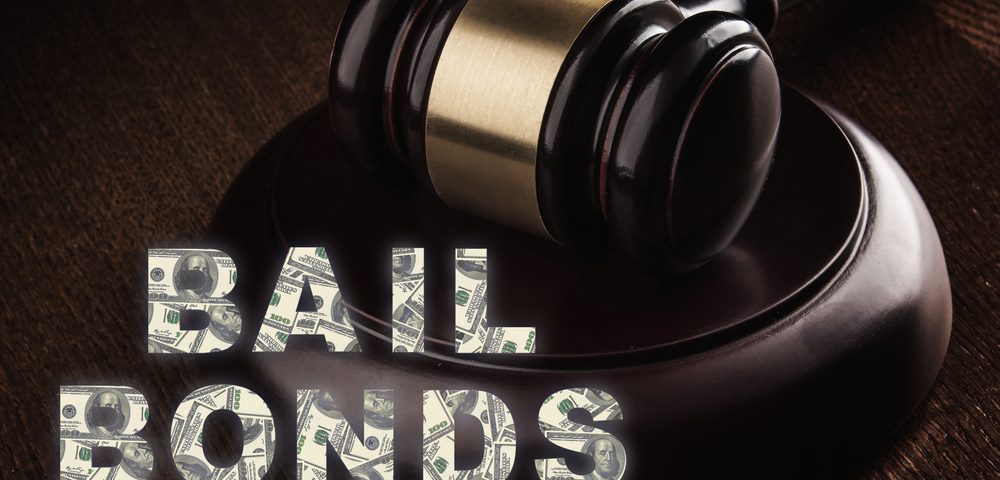- Serving All Utah Jails and Nationwide Jails for over 40 years
Understanding Terms You May Hear During Bail Bond Settings

Knowing the Risks, Costs and Realities of Skipping Bail
September 13, 2022
Questions Asked by Wasatch County Bail Bond Agents
November 8, 2022Different fields and industries have their own sets of terminology that help define some of their common processes, and the world of bail and bail bonds is no exception. Those dealing with these needs — whether you’ve been arrested or are a friend or family member of someone else who has — can make the process a bit simpler by understanding some of these simple terms and expressions that may be used.
At Beehive Bail Bonds, our experienced bail bond agents are available 24/7 to assist you with any part of this process for yourself or someone close to you. Here are a few of the most important terms it might be helpful to know if you’re in this situation at any time, going in alphabetical order just to keep things simple and straightforward.
Bail
One of the simplest and most important terms to know, bail is the amount of money an arrested person must pay in order to be released from jail until their trial. The purpose of bail is to ensure that the person appears for their court date after being released — if they don’t, they forfeit the bail and may face an additional charge of failure to appear, which carries its own penalties.
It’s vital to note that bail and bail bonds, while related, are not the same thing. More on this in just a bit.
Bail Condition
One constant in the bail process is that there will always be conditions related to the bail itself. For example, a common condition is that the accused must not leave the state until their court date. There are many others which might apply as well, and they’ll be set by the judge during the bail hearing.
Another common type of bail condition is the requirement to attend all scheduled court appearances.
Bail Enforcement Agent
If someone skips bail — meaning they don’t appear for their court date after being released from jail on bail — a bail enforcement agent, more popularly known as a bounty hunter, may be hired to bring them back. Bounty hunters are law enforcement officers with special training who are experts in finding and apprehending bail jumpers.
Bail Hearing
An important step in the bail process, a bail hearing is a short court appearance during which the judge hears arguments from both the prosecution and defense regarding whether or not bail should be set, and if so, how much it should be for each case. This is also the time when any bail conditions will be set.
Bail Jumper
A bail jumper is someone who has been released on bail but fails to appear for their scheduled court date. As mentioned above, this can result in a bounty hunter being hired to find and bring them back, as well as an additional charge of failure to appear.
Bond
Now we get to one of the most important concepts to understand in this process: bail bonds. A bail bond is a type of surety bond, which is a legally binding agreement between three parties — in this case, the court, the bail agent, and the cosigner. The cosigner is typically a friend or relative of the accused, and their role is to take responsibility for making sure the accused appears for all scheduled court appearances.
The bail agent’s role is to post bail on behalf of the accused, and they typically charge a non-refundable fee for this service — usually 10% of the total bail amount.
Collateral
In many bail bond cases, the bail agent will require collateral in order to post bail. Collateral is any type of property or asset that can be seized and sold if the accused fails to appear for their scheduled court appearances.
Property bonds are one type of collateral, and they involve the use of real estate such as a home or piece of land. Cash bonds are another type of collateral, and they involve the use of cash or other liquid assets.
Defendant
It’s also important to know that the accused in a criminal case is known as the defendant. This term is used to refer to them throughout the bail process and beyond.
Forfeiture
As we noted above, bail is set with the full expectation that once it’s paid, the arrested person will appear for their scheduled court date. If they fail to do so, they forfeit the bail, which means they lose the money.
In some cases, a court may also issue a warrant for the arrest of the bail jumper, and they may be subject to additional penalties such as fines or jail time.
Indemnitor
In most situations, defendants will be required to find a co-signer, also called an indemnitor, to take responsibility for making sure they appear for all scheduled court appearances. As we noted above, the cosigner is typically a friend or relative of the accused, and they may be required to post collateral as well.
Premium
As we mentioned above, bail agents typically charge a non-refundable fee for their services — this is known as the premium. The premium is usually 10% of the total bail amount, and it’s paid upfront.
As you can see, there are a number of different terms that you may hear during the bail bond process. By understanding what they mean, you can make the process a bit simpler and less confusing.
For more on this, or to learn about any of our bail bond services to clients around Utah, speak to the team at Beehive Bail Bonds today.




